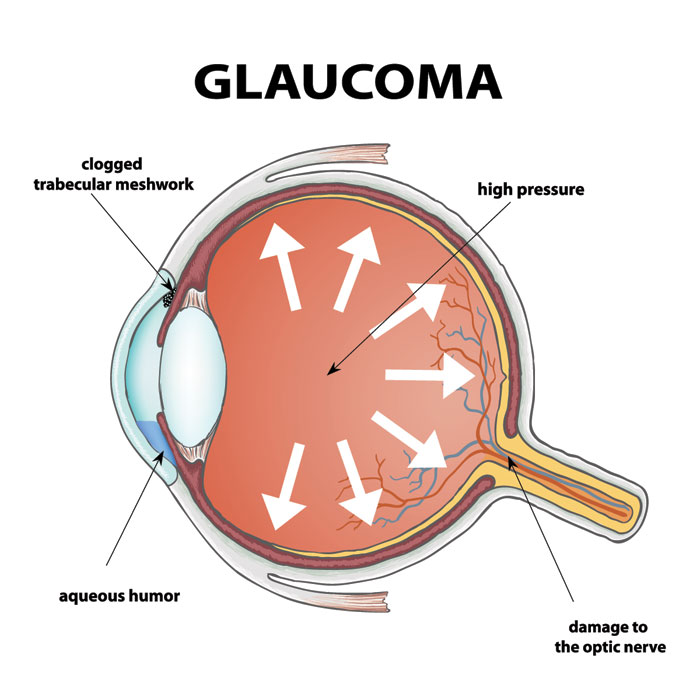Vitamin D & Glaucoma: The Deficiency Causing Glaucoma
Introduction
Glaucoma remains one of the most serious threats to vision health, often leading to irreversible blindness when not managed properly. At the same time, Vitamin D deficiency is a global concern, affecting millions of people across different age groups. While these two conditions may appear unrelated, research suggests a possible link that deserves attention.
The Role of Vitamin D in the Body
Vitamin D is not just a vitamin; it functions as a hormone, influencing multiple systems in the body. It plays a vital role in calcium absorption, bone strength, immune regulation, and even cell growth. The primary source of Vitamin D is sunlight, with the body synthesizing it through skin exposure. While certain foods like fatty fish, egg yolks, and fortified products can provide Vitamin D, many people still fall short of the recommended levels.
Vitamin D Deficiency: A Silent Epidemic
Despite its importance, Vitamin D deficiency is widespread. Limited sun exposure, lifestyle habits, and dietary gaps contribute to this condition. Deficiency has been linked to various health problems, including bone disorders, cardiovascular issues, and weakened immunity. Recent studies now point toward its potential impact on eye health, specifically its relationship to glaucoma development.
How Vitamin D Deficiency Relates to Glaucoma
Research suggests that low Vitamin D levels may influence intraocular pressure (IOP), one of the key risk factors for glaucoma. Vitamin D receptors are present in eye tissues, indicating its role in maintaining ocular health. Adequate levels of this nutrient may help regulate IOP and protect optic nerve function. While the exact mechanism is still under investigation, the evidence points to Vitamin D as an important factor in glaucoma risk management.
Can Improving Vitamin D Levels Help Glaucoma?
Increasing Vitamin D intake may offer potential benefits for individuals at risk of glaucoma. The most effective natural source is sunlight, but safe sun exposure should always be practiced. In addition, incorporating Vitamin D-rich foods—such as salmon, tuna, and eggs—into your diet can help maintain healthy levels. Supplements are another option, but they should only be taken under medical guidance, as excessive Vitamin D can cause complications like kidney damage.
Practical Tips to Maintain Healthy Vitamin D Levels
– **Get moderate sunlight exposure**: Aim for short, regular periods of sun exposure depending on your skin type and location. – **Include Vitamin D-rich foods**: Add fish, fortified dairy, and egg yolks to your diet. – **Consider supplements cautiously**: Only take supplements after consulting with a healthcare professional. – **Regular checkups**: Monitoring Vitamin D levels through blood tests can help you stay within the optimal range.
Conclusion
The connection between Vitamin D and glaucoma is an evolving area of research, but its implications are promising. Maintaining adequate Vitamin D levels could be an important part of overall eye health strategy. If you suspect a deficiency or are at risk of glaucoma, speak with a healthcare provider about testing and management options. Taking proactive steps today can help protect your vision for the future.




